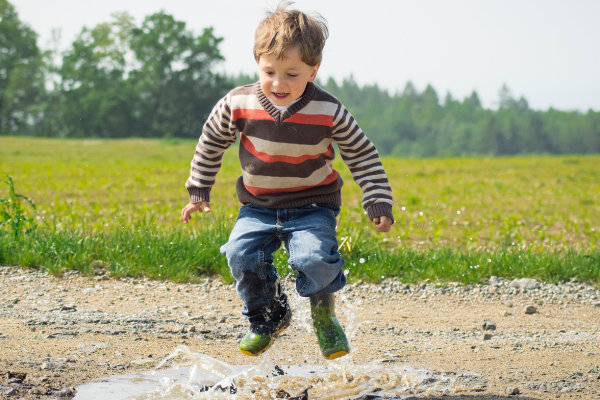The Loss of Play Time
Which animal would come to mind if you were to pick one that manifests the ultimate strength, speed, and dominance in the animal kingdom? Some may think of a lion (obviously), while some may think of a gorilla, an elephant, or a rhino. No matter who you choose, however, my next question will be “How do you think they became so powerful, so perfect in their own way?” Animals don’t go to gyms; they don’t have a strict training regimen. They do so by simply being themselves. And this begins with play.

That’s right! Kittens play. Dogs play. Who doesn’t? It’s an essential, instinctual process that’s embedded in us. It helps us to acquire new skills and evolve into mature, strong individuals, capable of being surviving representatives of our species. Do you think our kids also play?
Our kids play videos on YouTube, and they play games on their computers, game consoles, and phones. Kids play musical instruments; some play sports a few times a week. Some actually play outdoors, but only after their homework is done and they finish their chores, and if the weather is OK and it’s not too dark by the time they’ve done everything else.
But we can’t blame our kids for choosing this lifestyle. Parents often use digital devices as pacifiers, entrusting them with their kids’ full attention. The price we pay for getting a few more minutes of free-from-kids time with this nifty trick is much greater than we imagine.
These devices, as well as the vast majority of online services they frequent and the games they play, take advantage of their pliable brains that are too easy to manipulate due to undeveloped or nonexistent BS filtration mechanisms; they also rob our kids of valuable playtime, which is the foundation for progression to the next level of their development, both physically and mentally, since, as we know, there’s no sharp line that separates them.
If this argument needs a bit of clarification, the upcoming section (The Other Instinct) will talk more about the importance of play in our early and later stages of development.
Back to John.
Just like any other kid, John was introduced to video games quite early. As a matter of fact, he turned out to be quite talented in gaming. At some point, he was thinking of becoming a pro-gamer, but later he changed his mind. Nevertheless, he spent dozens of hours a week playing his games, and the parents didn’t mind. It kept him out of trouble, and he did well at school. His youthful metabolism kept John within the normal weight range, so there was no reason for concern. Besides, he quite often rode his bike to his friends’ houses to swap video games or to socialize and play games together. That counts as a physical activity, doesn’t it?
By the age of 12, John had picked up a guitar, started taking classes, and was playing in a band. Between school, gaming, music lessons, homework, commutes, and so on, John was easily doing over eight hours of sitting every day, even on weekends.